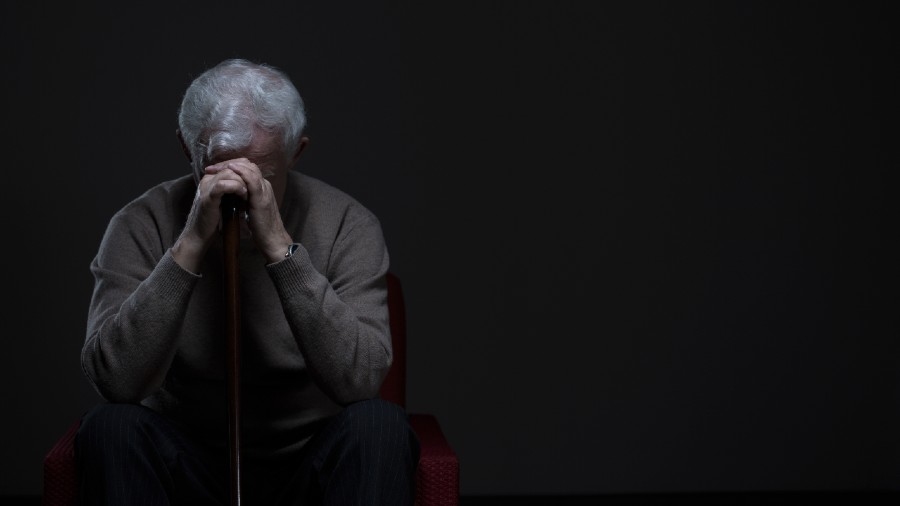 Is Depression in the Elderly Different from other age groups?
Is Depression in the Elderly Different from other age groups?
Depression affects individuals of all age groups. Prevalence of depression is upwards of 5 percent of the population at a given time. Depression is characterized by low mood, loss of interest in previously pleasurable activities, feeling tired all the time, decreased attention and concentration, low self-esteem and confidence, ideas of guilt and unworthiness, pessimistic ideas of the future including ideas of self-harm, decreased in sleep and appetite, decreased sexual desire. Elderly depression can have a slightly different set of symptoms characterized by paradoxical agitation, irritability, oversleeping, and increased appetite. Though the above symptoms give an overall picture of the presentation of elderly depression, it is to be noted that every individual has to be evaluated comprehensively. Old is also associated with other illnesses like Hypertension, Diabetes, Dementia, and Parkinsonism which further alter the presentation of depression in his age group. The medications for these conditions both can cause and also alter the presentation of depression in this age group.
How to Treat Elderly Depression?
Choice of antidepressant is based on symptom profile and other comorbidities like Hypertension, Diabetes, Dementia, Parkinsonism, etc. Usage of anti-depressants in old age is associated with an increased risk of hyponatremia and other electrolyte abnormalities so access to laboratory services and maintaining nutrition and hydration should be a core priority.
Non -Pharmacological Interventions:
Maintaining a regular activity schedule is important. Elderly individuals who continue to maintain their social circle and engagement, who continue their hobbies, do exercise and continue to engage in cognitive pursuits like reading, writing, and teaching have a lesser incidence of depression. Hence it is suggested to pursue these activities,
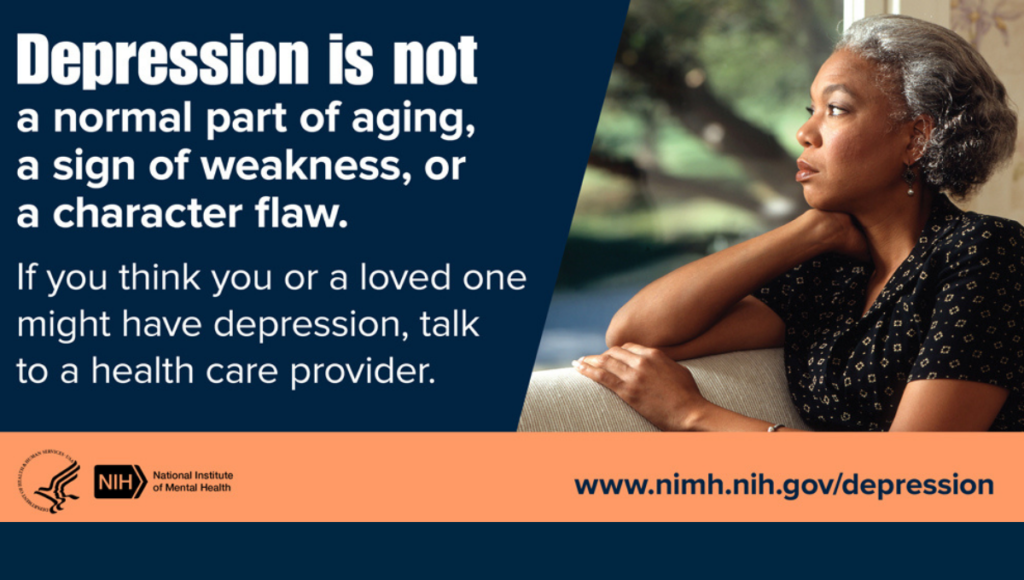
Looking for Online Consultation with an Expert?
Contact :
Dr.Srinivas Rajkumar T
M.D (Psychiatry) ( AIIMS, New Delhi)
Award-winning ADHD researcher.
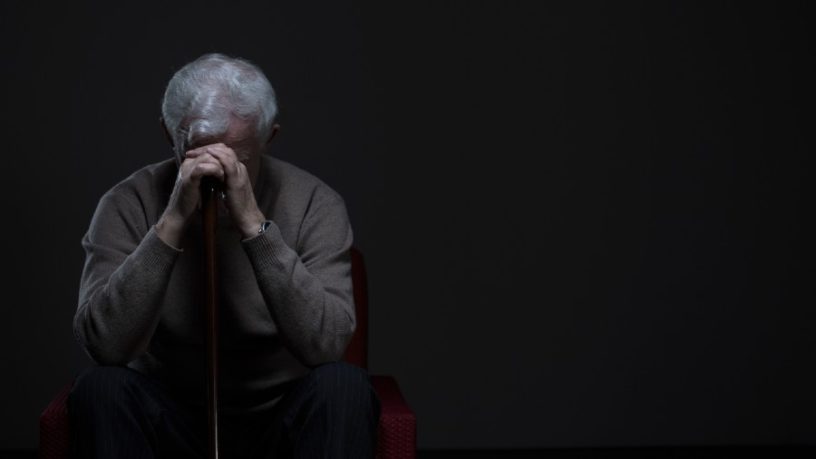
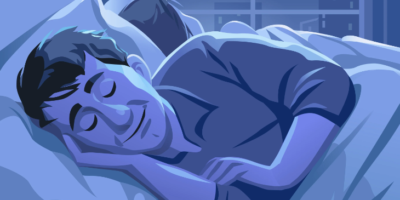
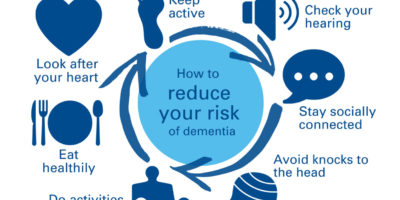


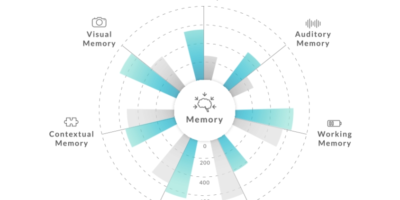
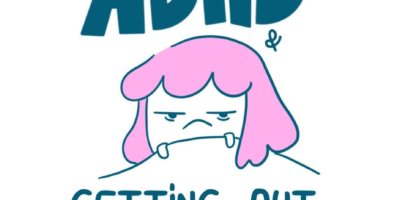

Leave a Reply